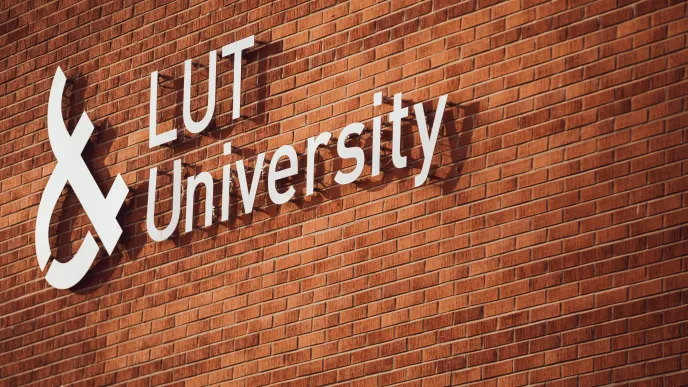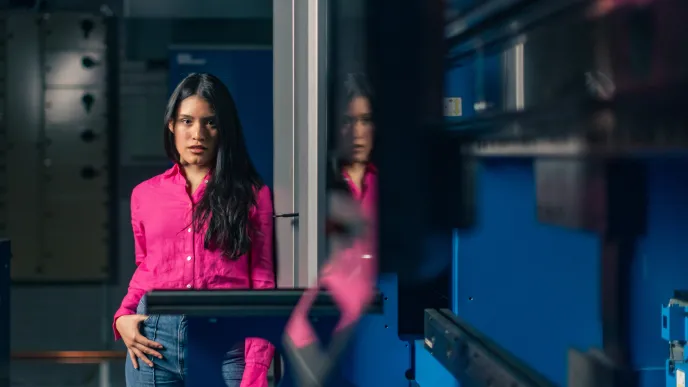The newsletter is your guide to what's happening on LUT campuses and the student community as well as to bachelor's and master's programmes updates and admission instructions. Newsletters will be delivered to your email once a month.
Communication is a cornerstone of sustainable renewal in businesses and societies worldwide. In today’s global landscape, geopolitical tensions, artificial intelligence, and sustainability crises shape the way we communicate and influence the development of solutions to pressing challenges related to clean air, water, and energy.
The scarcity of these essential resources often leads to conflict and crisis. At the same time rapid advancements in AI and digital media are transforming the dynamics of social interaction and influence. Through continuous dialogue with their stakeholders organisations, communities, and societies can foster mutual understanding and steer their actions toward more sustainable practices.
Effective communication is vital for driving sustainability transitions and promoting social inclusion. It plays a central role in facilitating successful change and collaboration among diverse actors around the globe. As the global communication environment grows increasingly complex, the need for skilled communicators who understand the logic of hybrid media landscapes becomes ever more critical.
This programme equips you with the tools to critically analyse and plan communications and detect and address disinformation in both global and local contexts related to climate change, sustainability, and the green transition.
Admissions guide 2026
What will you learn in the programme?
After graduation, you will have a solid understanding of the role of global communications in the sustainable renewal of businesses and society. You will acquire knowledge and expertise to find new solutions for societal challenges in the complex global communication environment.
You will
- become an expert in planning, developing and leading global communications in the contexts of grand societal challenges;
- acquire skills to critically analyse different forms of soft power and disinformation that shape the global and local perspectives on, for example, sustainability issues;
- gain understanding of how AI and the adoption of new media technologies globally shape the functioning of societies, organisations and individuals.
Degree structure and studies
The two-year Master’s Programme in Global Communications and Clean Air, Water and Energy leads to the degree of Master of Social Sciences (M.Soc.Sc.), which is 120 ECTS credits.
The programme includes core, advanced specialisation and language studies as well as interdisciplinary studies on critical systems of air, water and energy in society and a Master's thesis at the end of your studies. Read more in this academic year’s curriculum.
Career prospects
Graduates of the Master’s Programme in Global Communications for Clean Air, Water and Energy can pursue careers as heads of global communications, communication experts in the green transition, media analysts, or communications consultants, just to name a few examples.
The master’s programme provides a versatile set of skills that can be applied to a wide range of communications and media related professions in business, administration, governance and research.
In addition, you will obtain a firm basis for continuing your studies in doctoral programmes.
Contact Admissions Services
The LUT Admissions Services are here to assist you in all matters related to applying to international bachelor's and master's programmes.
For questions about admission criteria or entry requirements, please reach out to us by email: admission@lut.fi.
Chat with our students
Do you want to know more about studying at LUT, student life, or housing on LUT's campuses?
For questions about admission to bachelor's or master's degree studies, please email admission@lut.fi.




